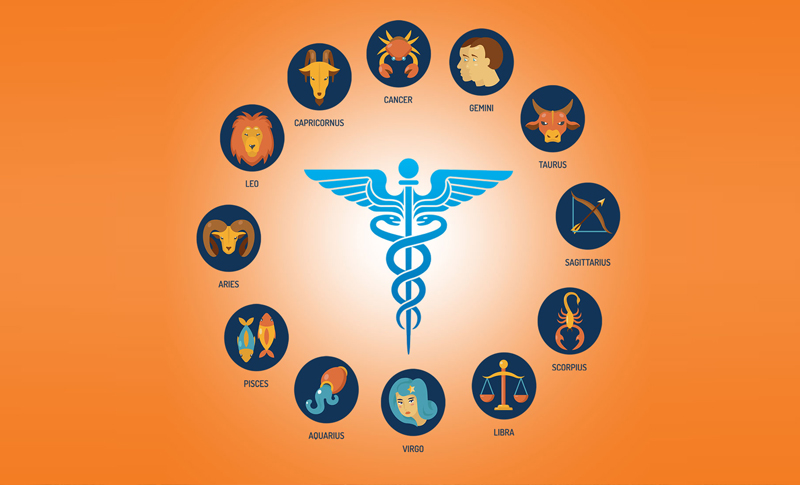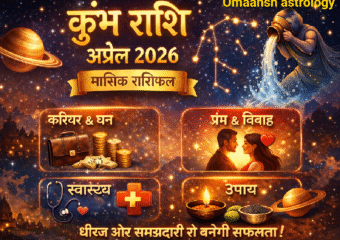Medical astrology is a branch of astrology that explores the connections between celestial bodies and health. It’s based on the belief that the positions and movements of celestial bodies at the time of a person’s birth can influence their physical and mental well-being. Here’s some content to delve deeper into the topic:
History and Origins: Medical astrology traces its roots back to ancient civilizations such as Babylonian, Egyptian, and Greek cultures. Scholars like Hippocrates, the father of modern medicine, acknowledged the significance of astrology in health.
Principles: Medical astrology operates on several key principles. One is the notion that each zodiac sign governs specific parts of the body, and the planets ruling those signs can affect the health of those areas. For instance, Aries governs the head, Taurus the throat and neck, and so on. Additionally, the positions of planets in relation to each other and to the signs of the zodiac can indicate strengths, weaknesses, and potential health issues.
Consultations: Practitioners of medical astrology often conduct consultations where they analyze a person’s natal chart to identify potential health concerns or predispositions. They may look at the positions of planets, aspects between them, and the ruling planets of different signs in the chart.
Traditional vs. Modern Approaches: Traditional medical astrology relies heavily on the use of classical astrology techniques, while modern practitioners may incorporate newer astrological methods or blend astrology with other holistic healing practices.
Holistic Health: Medical astrology views health holistically, considering not only physical symptoms but also mental, emotional, and spiritual factors. It emphasizes the interconnectedness of body, mind, and spirit and seeks to address imbalances on multiple levels.
Application in Healing: Some medical astrologers work in conjunction with healthcare professionals to provide additional insights into a patient’s health or to suggest complementary therapies based on astrological indications.
Criticism and Skepticism: Like other forms of astrology, medical astrology faces criticism from skeptics who question its scientific basis. Critics argue that there is no empirical evidence to support the claims of medical astrology and that any perceived correlations between celestial phenomena and health outcomes are purely coincidental.
Ethical Considerations: Practitioners of medical astrology must navigate ethical considerations, particularly when providing health-related guidance. It’s essential to emphasize the complementary nature of astrology with conventional medicine and to encourage clients to seek professional medical advice for serious health concerns.
Continued Exploration: Despite skepticism, medical astrology continues to attract interest from those intrigued by its holistic approach to health and well-being. Ongoing research and exploration into the connections between celestial influences and human health contribute to the ongoing evolution of this field.
Resources and Further Reading: For those interested in delving deeper into medical astrology, there are numerous books, websites, and courses available that explore its principles, techniques, and applications. Additionally, attending workshops or seeking guidance from experienced practitioners can provide valuable insights into this fascinating field.












